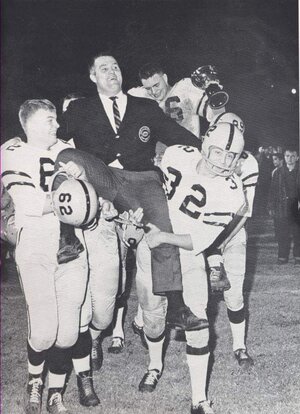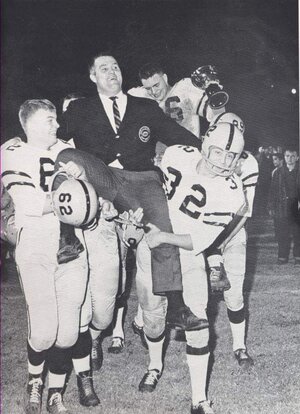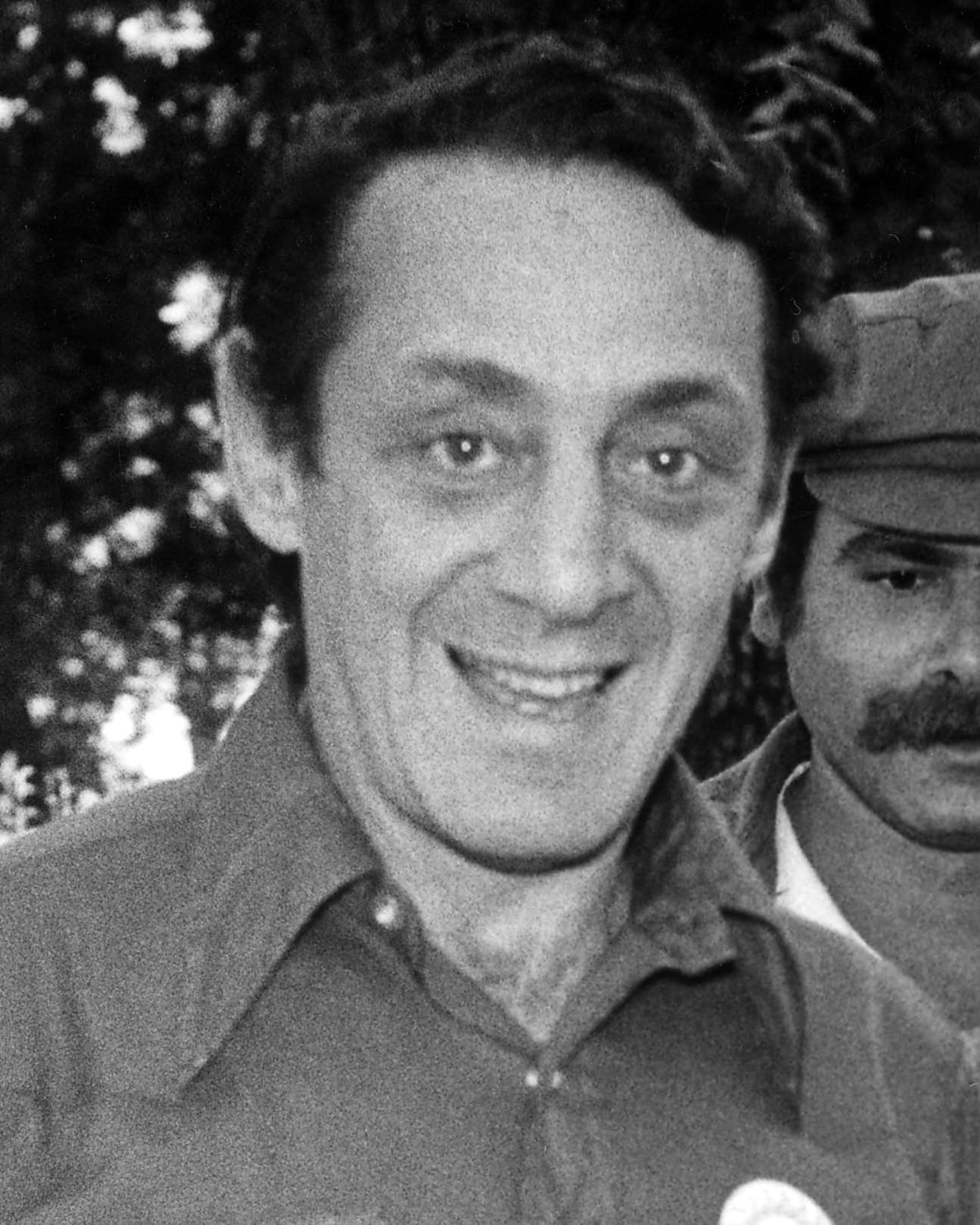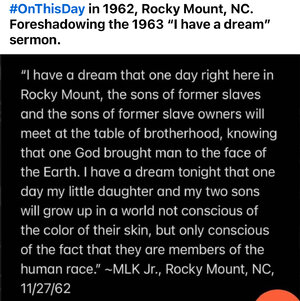donbosco
Inconceivable Member
- Messages
- 3,211
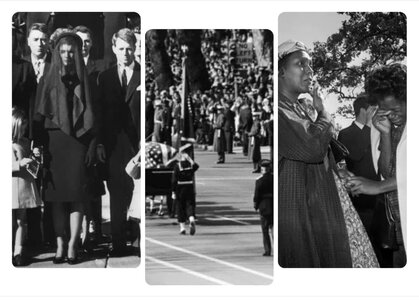
On November 22, 1963 President John F. Kennedy was shot and killed. I was 5. I don’t remember anything about the day of the shooting but I do remember the funeral. It was broadcast live on TV. As I watched while seated on the floor of our #Bonlee den, the young African American woman that cared for me - Luby Degraffenreaidt - ironed clothes and wept. This I vividly remember. The funeral parade included a flag-draped casson followed by an unruly riderless horse. A pair of high boots were turned backwards in the stirrups. Luby ‘watched’ after me in those days. She was small even to little me and I cared for her and her tears distressed me. Soon afterward she left #DeepChatham — for Philadelphia as part of The Great Migration out of The South by some 6 million African Americans that took place during the middle third of the 20th century.
John F. Kennedy was inspiring evidently - I’ve heard his voice - I must have heard it as a child. The effect on the adults and world around me of his violent death clearly made lifelong impressions. In those days I knew about Camelot, the musical was in the news and even filtered down to #DeepChatham by way of "The Ed Sullivan Show" and other television broadcasts. Conflating the handsome John, the beautiful and stylish Jackie, and the telegenic children John-John and Caroline and King Arthur's Court wasn't really that difficult for a 5 year old. We all went from Camelot to the Nightmare on Deeley Plaza in what seems like seconds. I’d propose that it may very well have been the beginning of a new way of seeing the world.
In the years afterward assassins played a prominent role in my perception of the world. Dr. Martin Luther King Jr. And Bobby Kennedy both fell to the bullets of mad men. George Wallace was shot and survived, though he would spread hate from a wheelchair thereafter (some suggest a late life epiphany and divergence from that path - I know what he stood for in the 1960s). In those days I did not know of the many other assassinations of men who challenged the status quo like Medgar Evers and Malcolm X. To assassinate is a political act and killing an idea, an ideal, or a dream is most often implicit. We’ll likely never truly know how many murders actually occurred then, or since, assassinations of men and women that stood against, and resisted, power and the status quo.
Of course the assassination of Abraham Lincoln hangs over our nation still. Losing his vision in the closing days of our Civil War and being without it in the aftermath doubtless assured that those crucial historic moments would be badly bungled with repercussions down to the present. In September of 1975, within the span of 18 days there were two attempts at murdering President Gerald Ford. Our first, (and thus far only) unelected President, Ford followed the crimes and disgrace of Nixon.
Ford pardoned Nixon, depriving us all of justice and perpetuating a sorry history of elected criminals paying inadequate penance for deadly blows struck against the Constitution and the body politic. In an editorial,’The New York Times’ called the Nixon pardon a “profoundly unwise, divisive and unjust act" that also destroyed the new president's "credibility as a man of judgment, candor and competence.” Nixon damaged and sullied the office, lowering the bar to a subterranean level. Ford was apparently a good man with bad vision who took an expedient path for which we all currently pay. When the opportunity presented itself to raise that bar back up he failed.
Perhaps the violence done before Nixon and Ford, robbing us of leadership in crucial times, has contributed to fostering an environment in which service is seen as coming at too big a price, making it far too attractive to few but those deeply driven by flawed ways of seeing, or worse still, the greedy men-without-a-country and lumps of coal for a heart that find the unfettered pursuit of profit to be the only worthy motivation. Granted, there are, at least I believe there are, people that serve who bring strong, essentially good ideals to the table.
Still, when bullets tore through aspiring heroes in the ‘60s it seems that the fabric of our national soul was also shot through with holes. Ethics have been the loser all around. When Luby Degraffenreaidt shed those tears with so many other Americans back in 1963 it now seems a foretelling of the struggle ahead. And make no mistake, we are in the fight of our lives right here, right now. We go the way of the bullet and the pardon or we go the way of justice. That time weighs upon us still. Justice has forsaken our nation.

